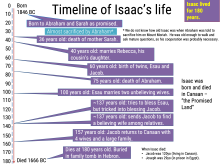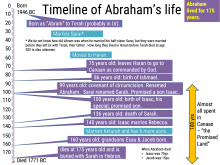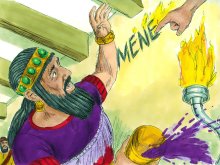Harmony of Bible records of Jesus’ Prophecy on the Mount of Olives
By Mark Morgan | Harmonies , Jesus

Jesus’ prophecy on the Mount of Olives
There were only two days left before Jesus was to be betrayed and crucified when his disciples commented on the glorious construction of the temple in Jerusalem.
Jesus surprised them by telling them that the temple they were admiring would be completely destroyed.
Naturally, the disciples wanted to know when this disaster would take place, and asked if it was linked to his return and the end of the age.
Jesus’ answer gave details of events that would take place in years that stretched far beyond their lifetimes – in fact we are still waiting today for some of this prophecy to come to pass. These prophecies give details of Jesus’ return from heaven to earth, so they are vitally important to all followers of Jesus.
The Bible passages which record the prophecies are as follows:
- Matthew 24:1-51 [and probably the parables of Matthew 25:1-46]
- Mark 13:1-37
- Luke 21:5-36










